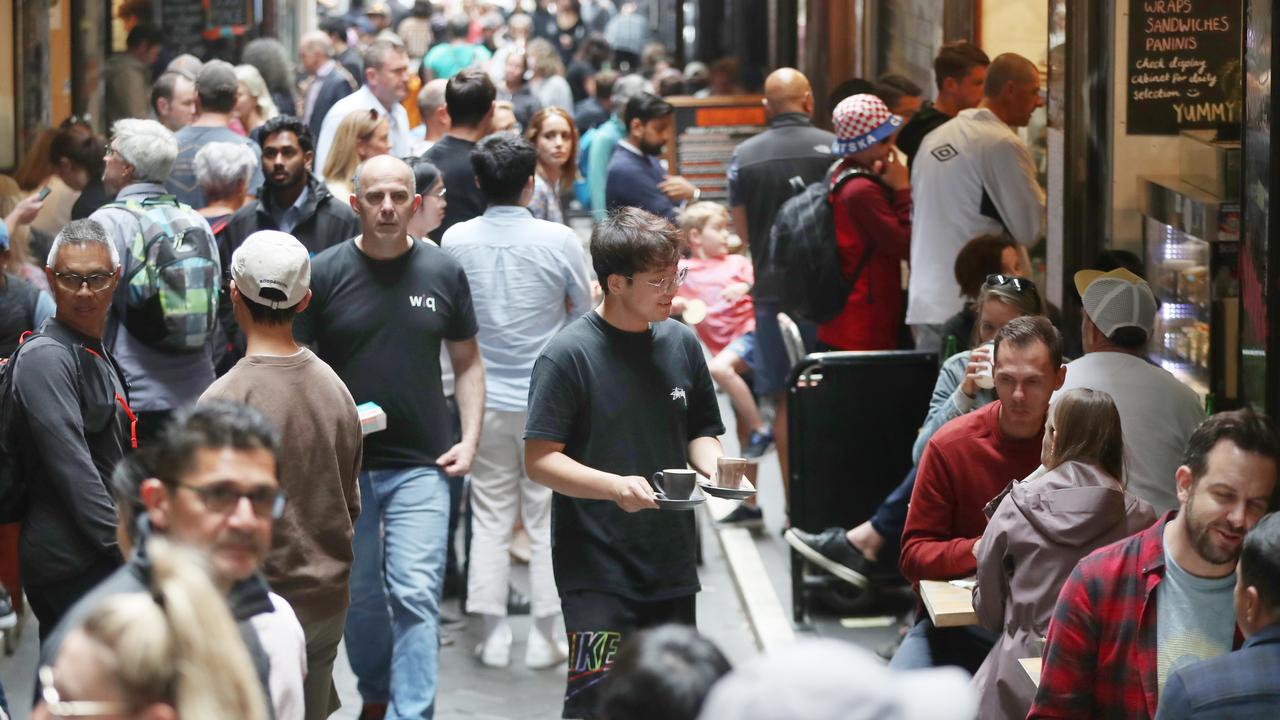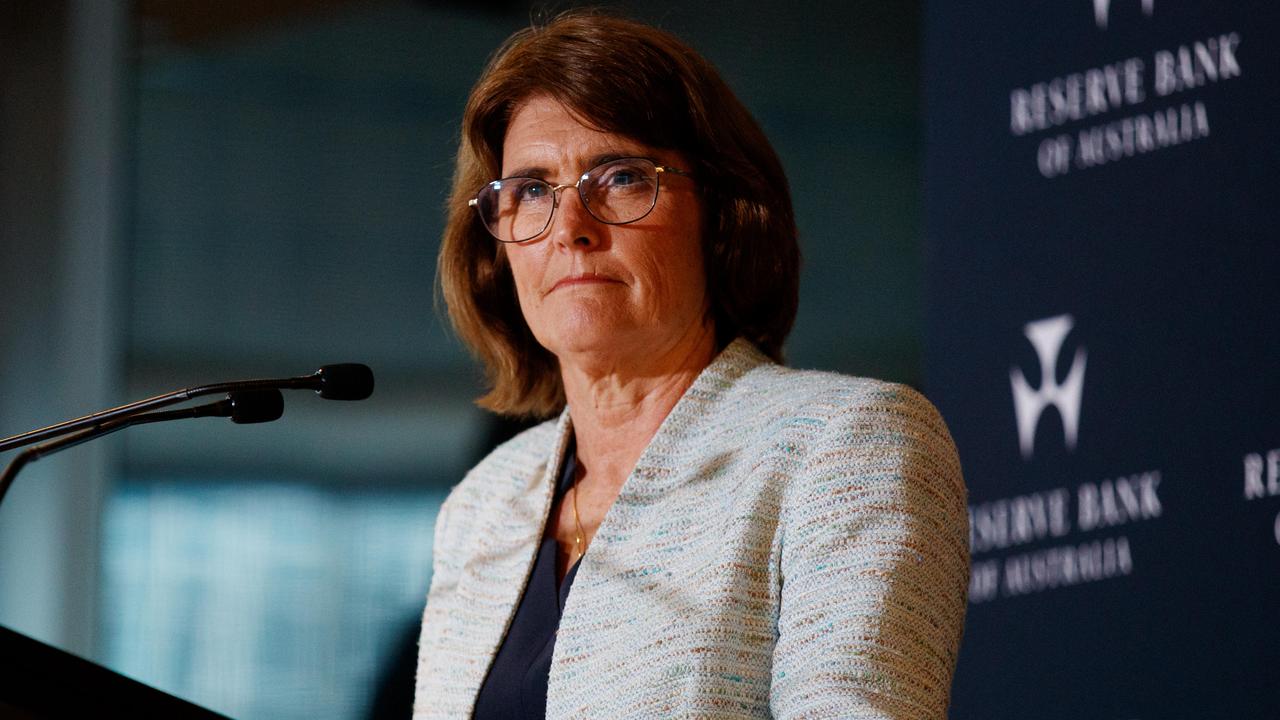RBA leaves cash rate on hold in December
THE RBA will be back for more of the same at its next meeting in February, with experts predicting no rate rises until late 2018.
Interest Rates
Don't miss out on the headlines from Interest Rates. Followed categories will be added to My News.
THE Reserve Bank has kept the official cash rate on hold at its final meeting of the year, marking the 16th month in a row at the record low of 1.5 per cent.
The RBA last cut the cash rate in August 2016, following an earlier cut to 1.75 per cent in May. There has not been an official cash rate increase since November 2010.
It comes as CoreLogic data for November showed capital city dwelling values fell 0.1 per cent during the month, extending the slide which started in September and continued through October.
“A housing market in a ‘cooling off’ phase is not unexpected considering the tighter credit conditions, heightened regulatory environment, affordability constraints and subdued consumer confidence,” CoreLogic head of research Tim Lawless wrote earlier this week.
“The downturn in dwelling values is tracing along a similar trajectory which followed the previous major macroprudential policies announcement in December 2014.
“However this time, it’s unlikely there will be a lifeline thrown to the housing market via cuts to the cash rate. In fact the cash rate yield curve currently indicates that the financial markets expect interest rates to remain on hold until after April 2019.”
AMP Capital chief economist Dr Shane Oliver said the RBA would likely keep rates on hold until a probable hike late next year at the earliest.
“While strong business conditions, solid jobs growth, improving global growth and the RBA’s own forecasts for a pick-up in growth argue for an eventual rate hike, ongoing low inflation, record low wages growth, uncertainty around consumer spending, signs that the housing cycle is slowing and the still strong Australian dollar argue against a rate hike,” he said in a note this week.
Dr Oliver said the Sydney and Melbourne property boom was “continuing to fade” due to higher interest rates for investors and interest-only borrowers, rising supply and weakening expectations.
“Our view remains that average residential property prices in Sydney and, with a lag, Melbourne will fall 5 to 10 per cent into 2019,” he said.
“Perth is bottoming and should start to see moderate price gains by 2019, with Darwin following too. Brisbane, Adelaide and Canberra are likely to see continuing moderate gains over the next few years with some acceleration possible and Hobart will remain strong.”
RBA governor Philip Lowe said the low level of interest rates was “continuing to support the Australian economy”.
“Australia’s terms of trade are expected to decline in the period ahead but remain at relatively high levels,” he said.
“Recent data suggest that the Australian economy grew at around its trend rate over the year to the September quarter. The central forecast is for GDP growth to average around 3 per cent over the next few years.
“Employment growth has been strong over 2017 and the unemployment rate has declined.
“Inflation remains low, with both CPI and underlying inflation running a little below 2 per cent. The Bank’s central forecast remains for inflation to pick up gradually as the economy strengthens. The Australian dollar remains within the range that it has been in over the past two years.”
Originally published as RBA leaves cash rate on hold in December



